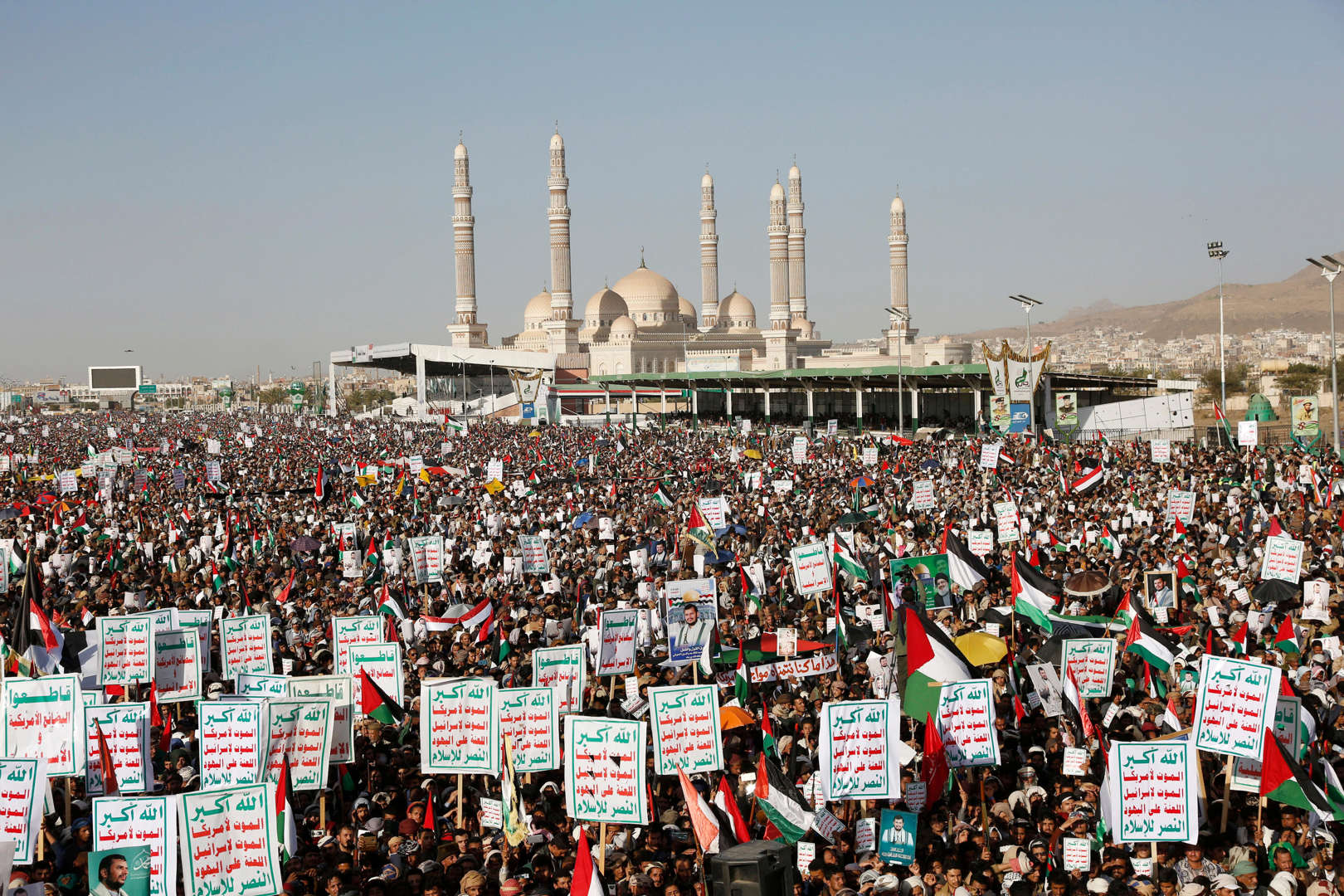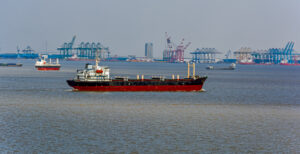The U.N. Security Council authorized continued reporting on attacks on ships in the Red Sea by Yemen’s Houthis. The United Nations Security Council on Monday extended the request to the secretary-general to provide written monthly reports through 15 January 2026 on any further Houthi attacks on merchant and commercial vessels in the Red Sea.
The resolution 2787 (2025), adopted with a vote of 12 in favour to none against, with 3 abstentions (Algeria, China, Russian Federation), extends the reporting request.
The representative of Greece, also co-penholder of the resolution, said that the recent, unprovoked attacks against two commercial vessels transiting the Red Sea region, the Magic Seas and the Eternity Sea, “provide a clear testimony of the Houthis’ continued aggression and destabilizing role, as well as the need to keep the reporting mechanism in place”.
Underscoring that there is no justification for any attack against innocent seafarers “whose contribution to international maritime trade is irreplaceable” he stressed that, if the Red Sea region “becomes even more degraded, it will expose the international community to more acute security risks and economic uncertainty”.
Somalia’s delegate said that he supported the resolution as a reflection of an unwavering commitment to maritime security.
The representative of Algeria stressed that his delegation’s abstention must not be interpreted either as a reservation regarding the secretary-general’s monthly reports or as a justification for the attacks targeting commercial vessels or cargo carriers.
The representative of the Russian Federation, whose delegation also abstained, noted with concern that the text represents a direct continuation of resolution 2722 (2024), an instrument that, despite its stated aim of ensuring freedom of navigation, has “raised serious concerns on our side” regarding its interpretation and application in practice.
While the resolution’s original intent is commendable, namely safeguarding maritime security around Yemen, the broad and ambiguous language has opened the door to arbitrary interpretations, including its use as justification for unilateral military actions on the sovereign territory of Yemen. “We emphasize that such misinterpretations are unacceptable and undermine the authority of the Security Council,” he said.
The representative of China underscored that Council resolutions should not be “misinterpreted or abused”, and that Yemen’s sovereignty, security and territorial integrity should be respected. Adding that tensions in the Red Sea are a “major manifestation of the spillover from the Gaza conflict”, he said that issues in the Red Sea and Yemen cannot be resolved without easing tensions and de-escalating the overall situation in the region.
In a televised speech aired by the Yemeni Armed Forces, the military spokesman Yahya Saree claimed responsibility on Monday for launching three drone attacks toward Israel, one targeting Umm al-Rashrash port and the two others targeting an “important military target” in the Negev region.
“Two of these drones targeted an important military target of the Zionist enemy in the Negev region, while the other targeted the Umm al-Rashrash port in the occupied Palestine,” he said.
In his words, the goal of the operation “has been successfully achieved.”
The Iran-backed Houthis will continue launching missile and drone attacks toward Israel until “the aggression on Gaza stops and the blockade is lifted,” the military spokesperson Yahya Saree added.
Earlier on Tuesday, the Israel Defense Forces (IDF) said in a statement that it had intercepted an unmanned aerial vehicle launched from Yemen. There were no reports of injuries as a result of the attack. Meanwhile, there has been no official Israeli report concerning the Houthi attacks on Negev.



